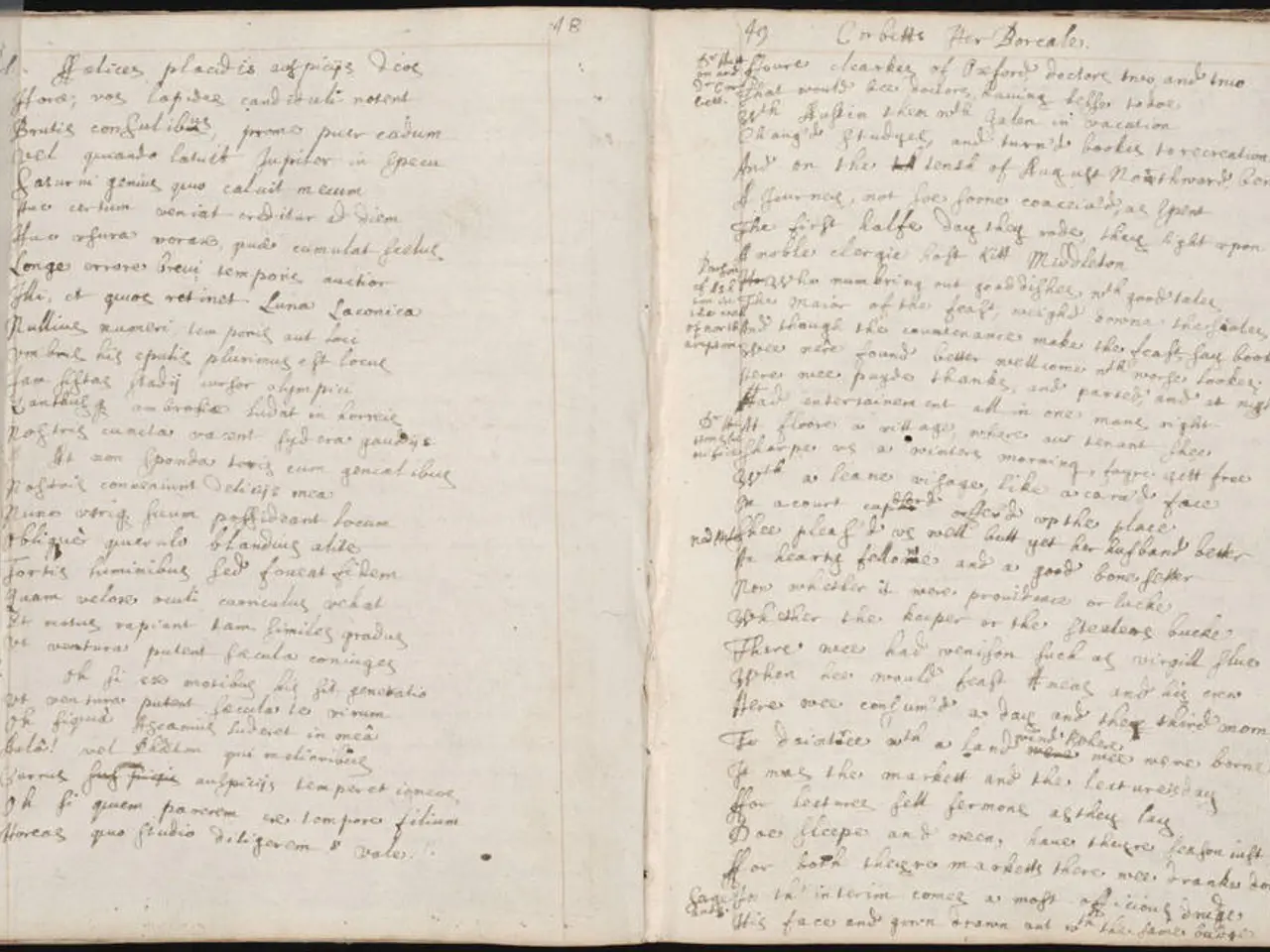Comparative Analysis of Patent Laws Worldwide: Adequacy of Disclosure Details
In the world of inventions and intellectual property, patents play a crucial role in protecting innovative ideas. One essential aspect of obtaining a patent is meeting the disclosure requirements, which vary across different regions. Here's a comparative analysis of patent disclosure requirements in various regions.
In Europe, under the European Patent Convention (EPC) and Germany, the patent specification must be clear and complete enough for the person skilled in the relevant art to perform the invention. The EPO Board of Appeal has stated that examples are not mandatory in every case. Neither the EPC nor the German Patent Act require disclosure of a best mode of the invention.
In the United States, the patent specification must provide a full, clear, concise, and exact description of the invention, enabling any person skilled in the art to make, use, or sell the invention. It's not necessary to 'enable one of ordinary skill in the art to make and use a perfected, commercially viable embodiment' absent a claim limitation to that effect.
Canada's statutory requirements for patent disclosure are stringent. The specification must correctly and fully describe the invention and its operation or use as contemplated by the inventor, and set out clearly the various steps in a process or the method of constructing, making, compounding, or using a machine, manufacture, or composition of matter, in such full, clear, concise, and exact terms as to enable any person skilled in the art or science to which it pertains to make, construct, compound, or use it.
In Australia, the patent disclosure rules changed in 2013 with the 'Raising the Bar' amendments. The specification must disclose the invention in a manner clear enough and complete enough for the person skilled in the relevant art to perform it, and must disclose the best method known to the applicant of performing the invention. In cases where the invention is not sufficiently disclosed, performance of experimentation by the skilled person can overcome this deficiency, but the experimentation must not exceed a usual dimension or be an undue burden.
In Turkey, the invention shall be explained in a very clear and complete way that can provide the person with practicality. Failing to meet this requirement can result in rejection of the patent application, or revocation or nullification of the patent. It is required that the skilled person can determine from the patent/patent application how to carry out the invention, and the description must be written clearly and in detail, in such a way as to enable the invention to be practiced by a person who is an expert in the technical field to which the subject of the invention is related.
In China, the statutory requirements for patent disclosure require that the specification clearly and fully describe the invention so as to enable a person skilled in the art to practice it.
It's worth noting that in principle, functional features may be used to disclose an invention if the invention cannot be described more precisely in objective terms without undue restriction and can be carried out by the person skilled in the art in a reasonable manner. This principle applies in the EPC, Germany, and in some cases, the UK.
In the UK, the patent specification must disclose the invention in a manner sufficiently clear and complete for it to be carried out by a person skilled in the art, and the ordinary skilled person must be able to perform the invention which satisfies the requirement of disclosure.
Lastly, it's important to remember that a patent provides a legal right to a time-limited monopoly over an invention, and to be valid, a patent must disclose information about the invention to the public. Failure to meet the disclosure requirements in Germany or the EPC can result in rejection of the patent application, or revocation or nullification of the patent.
Read also:
- The Distinction Between Sexual Identity and Gender Identity
- Symptoms, Prevention Strategies, and Management Methods for Measles
- Climate Change Impact Mitigation in Health: Reducing the Disparity of the Health Sector's Exposure to Climate Change Challenges
- Increased measles cases Approaching 1,500 in the United States, with a new case detected in the Chicago metropolitan area.




